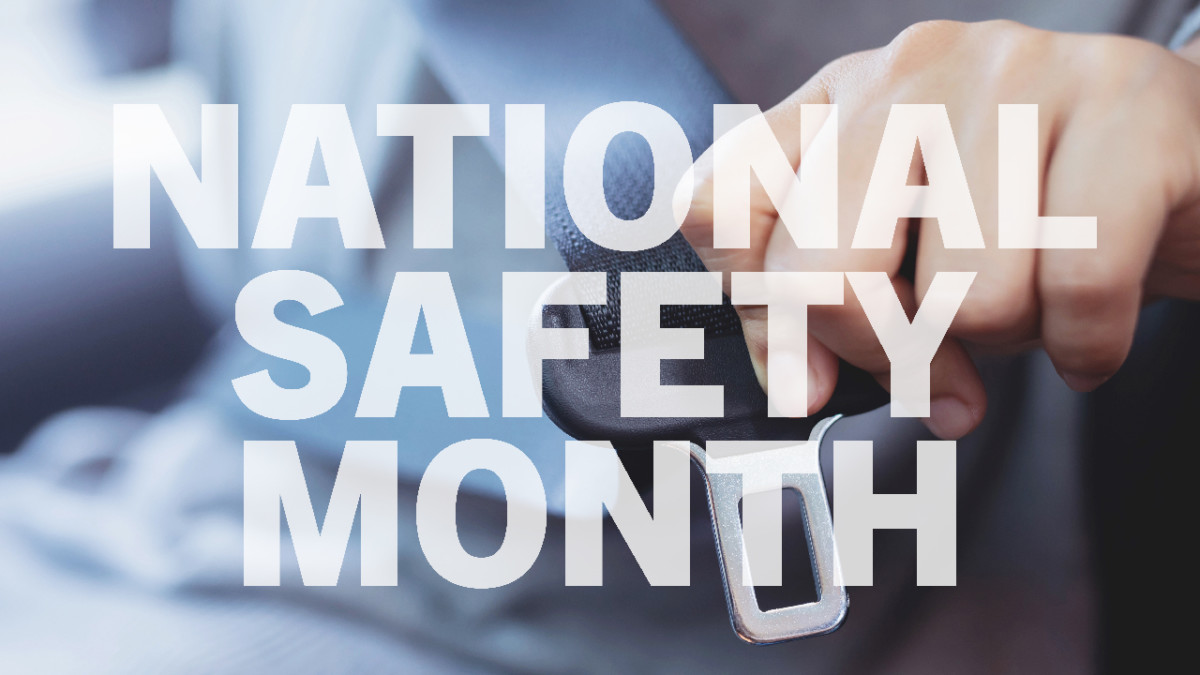June is National Safety Month and the trauma team at Eastern Idaho Regional Medical Center wants to make sure the start of your summer goes smoothly both personally and professionally.
“Being safe starts before any activity,” said Dr. Michael Lemon, trauma director at EIRMC. “You should plan for what you are doing, whether you are at work or play. A good plan is always an important part of staying safe.”
Sponsored by the National Safety Council, National Safety Month is aimed at preventing incidents before they happen, both at home and work. There were more than 5,300 workplace deaths in 2019, the highest number since 2007.
This year, the month also incorporates staying safe during the continued response to the pandemic, especially as people begin returning to work and other day-to-day activities.
“We know people are out of their routines,” said Dr. Lemon. “That’s why it’s so important for everyone to be extra careful right now. Routines are no longer routine. You have to adjust for the proverbial learning curve of returning to daily life.”
Part of that learning curve includes maintaining “situational awareness” when at work. Whether this includes understanding the dangers and avoiding potential hazards around your workplace, it’s important to pay attention to what is going on around you.
“Severe accidents can occur when your concentration lapses for just a moment,” Dr. Lemon said. “All the training, safety procedures and compliance processes lose their effectiveness if you are distracted.”
One of the most dangerous workplace risks revolves around employees who work with electricity. Dr. Lemon, whose specialties also includes burn care, said electrical injuries are especially serious because tissue damage along the path of the current can progress over the span of a few days.
“That means the injury we see at admission is often much less serious than the injuries we end up treating,” he said. “Also, there’s often traumatic injuries like broken bones that accompany these injuries from the patient falling.”
Another risk Dr. Lemon stressed is the importance of wearing seatbelts. Whether traveling to work or heading out on vacation with your family, buckling up should always be on your checklist.
“I cannot stress this enough: Seatbelts save lives and limbs,” he said.
“I’ve seen so many patients whose injuries would have been far less severe had they just put on their seatbelt. I’ve also seen patients whose lives ended because they chose not to.”
